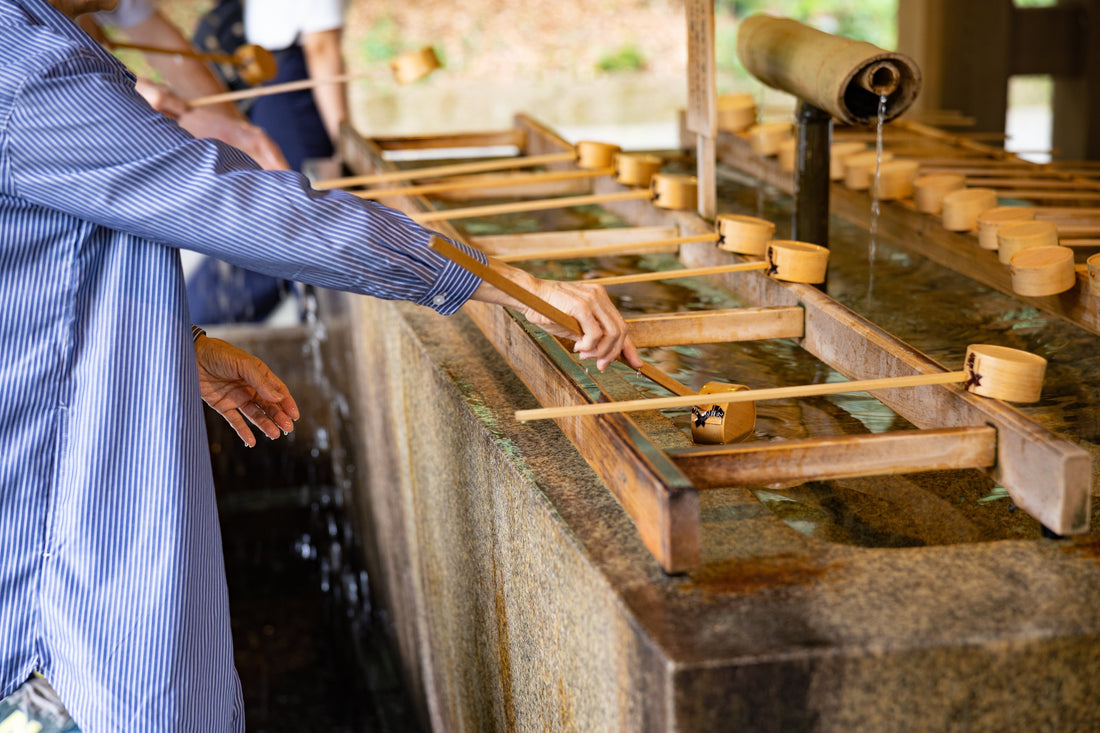
Water: The Hidden Key to Perfect Tea
When preparing the perfect cup of tea, water quality plays a key role. Soft water is much more suitable than hard water, as it preserves the fullness of flavor, the intensity of aromas, and the vibrant color of tea.
Water Hardness
Hardness is determined by the amount of calcium and magnesium (expressed in mg/l as calcium carbonate).
- Soft water: less than 100 mg/l
- Hard water: above 200 mg/l
Japan vs. Europe
In Japan, water is usually very soft (20–80 mg/l). In Europe, however, it is often quite hard (200–400 mg/l), which can affect the quality of tea.
How Water Affects Tea
- Hard water makes tea taste less distinct, with a “flat” flavor and pale color.
- Mineral waters with high hardness (above 300 mg/l) are generally not suitable for green tea.
- Green teas, such as sencha and matcha, are best prepared with soft water.
- Black teas also brew better with soft water; hard water results in a darker color and heavier taste.
The Best Choice
Filtered or natural spring soft water, free of strong odors and with a neutral taste.
By choosing the right water, you’ll unlock the true flavors of tea and enjoy an authentic tea experience.



